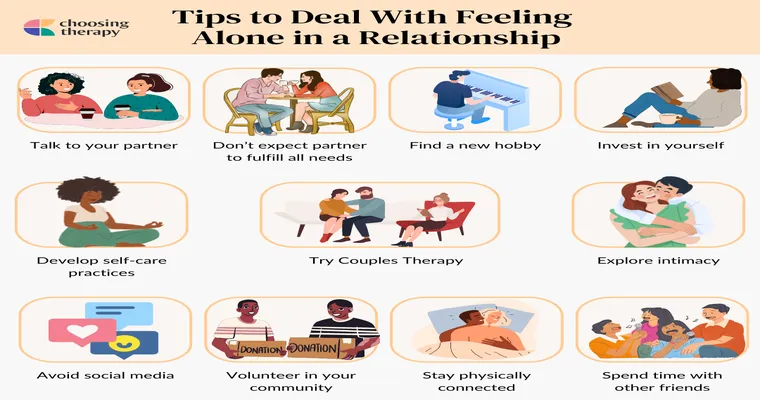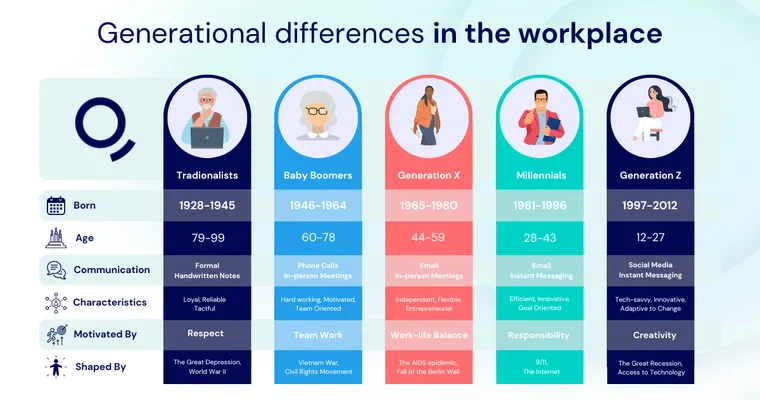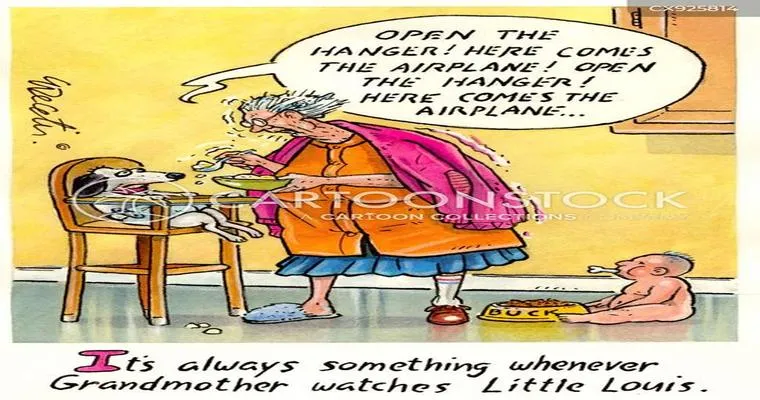Feeling a profound sense of "isolation" and "frustration" can be overwhelming and disheartening. Many people experience these emotions at different stages in life, whether due to personal challenges, social disconnection, or external circumstances. It's essential to recognize that you are not alone in this struggle and that there are various ways to seek support and relief. In this article, we will explore the causes of these feelings and offer actionable strategies to help you cope with isolation and frustration.
Understanding Isolation and Frustration
Isolation often arises when individuals feel disconnected from others, leading to a lack of emotional support and companionship. This sense of separateness can be exacerbated by life changes, such as moving to a new city, ending a relationship, or experiencing the loss of a loved one. On the other hand, frustration typically stems from unmet expectations or obstacles that hinder progress in personal or professional pursuits. When these two feelings combine, they can create a heavy burden that impacts overall well-being.
Acknowledge Your Feelings
The first step in coping with feelings of isolation and frustration is to acknowledge them. It is perfectly normal to experience these emotions, and recognizing their presence is crucial for moving forward. Journaling can be an effective way to express your thoughts and feelings, allowing you to process your experiences and reflect on what may be causing your sense of disconnection and dissatisfaction.
Reach Out for Support
One of the most effective ways to combat feelings of isolation is to seek support from others. This can mean reconnecting with friends and family, joining local community groups, or participating in online forums where you can share your experiences. Discussing your feelings with someone who understands can help alleviate the weight of isolation and provide fresh perspectives on your frustrations.
Engage in Activities
Engaging in activities that bring you joy can significantly reduce feelings of isolation and frustration. Whether it's pursuing a hobby, volunteering, or participating in group sports, finding ways to connect with others through shared interests can help you feel more integrated into your community. These activities can foster new friendships and provide a sense of belonging, which is essential for emotional health.
Practice Self-Compassion
It is vital to practice "self-compassion" during times of isolation and frustration. Be gentle with yourself, and understand that everyone faces challenges. Instead of being critical of your feelings, allow yourself the space to feel and heal. Mindfulness practices, such as meditation and deep breathing, can also help create a sense of calm and clarity, making it easier to cope with negative emotions.
Seek Professional Help
If feelings of isolation and frustration persist, consider seeking professional help. A therapist or counselor can provide a safe space to explore your emotions and offer tools to manage them effectively. Therapy can help you develop coping strategies tailored to your needs and work through any underlying issues contributing to your feelings of disconnection.
Conclusion
In conclusion, if you find yourself grappling with a sense of "isolation" and "frustration", remember that help is available. Acknowledge your feelings, reach out for support, engage in fulfilling activities, practice "self-compassion", and don’t hesitate to seek professional guidance. By taking proactive steps, you can alleviate these burdens and work towards a more connected and fulfilling life. Remember, you are not alone in this journey, and there are people and resources ready to help you navigate through these challenging emotions.





